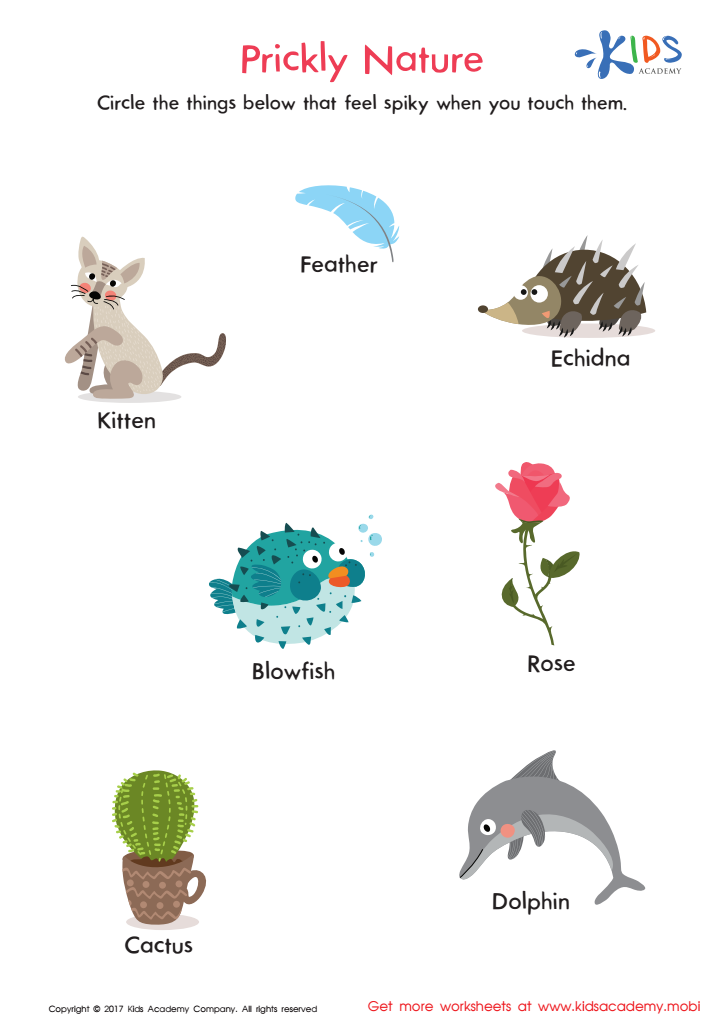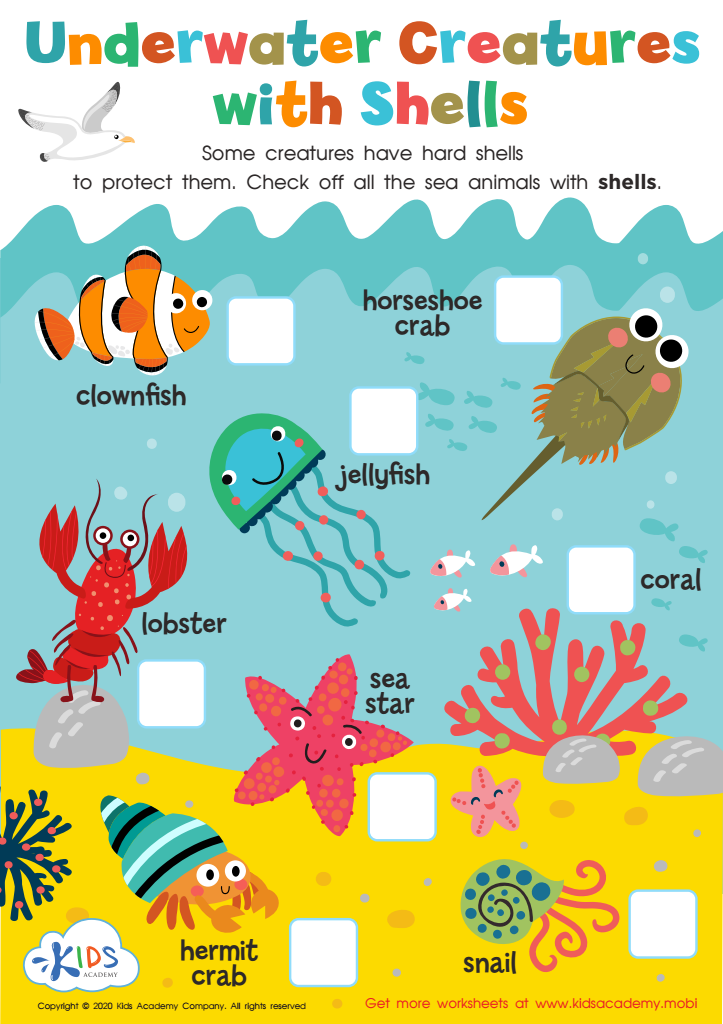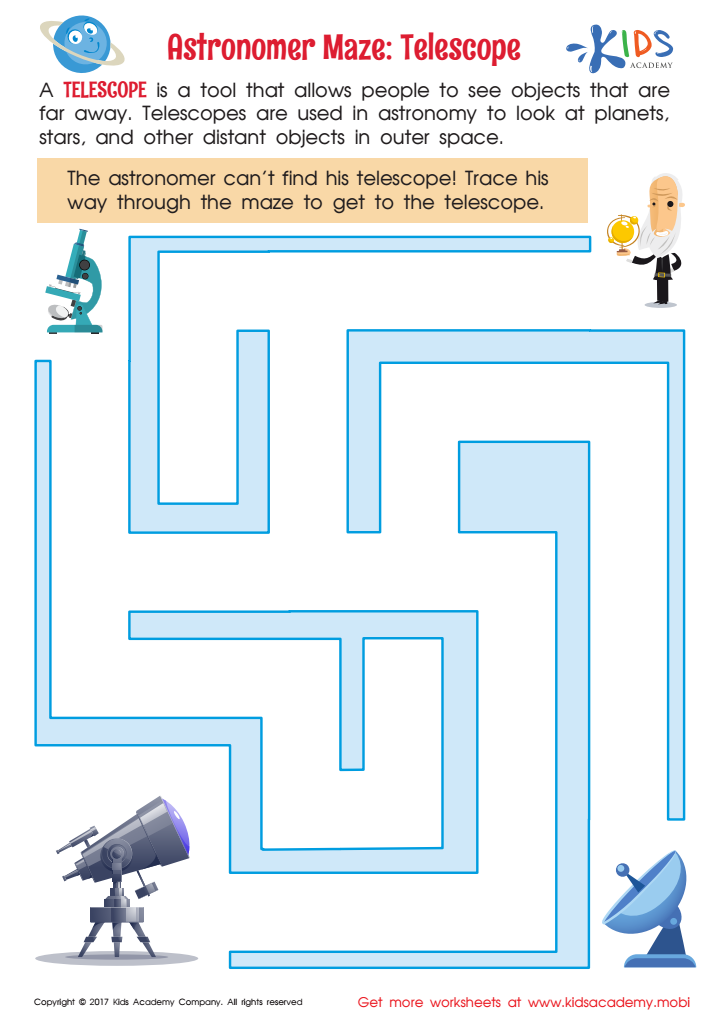Fine Motor Skills Normal Science Worksheets for Ages 4-6
3 filtered results
-
From - To
Unlock your child's potential with our Fine Motor Skills Science Worksheets for ages 4-6! These engaging resources are designed to enhance fine motor skills while exploring essential science concepts. Featuring fun, interactive activities, your little learners will practice tracing, cutting, and coloring, all while developing hand-eye coordination and dexterity. Perfect for preschool and kindergarten classrooms or at-home learning, these worksheets offer a creative approach to introduce young minds to basic scientific principles through playful hands-on exercises. Foster a love for science and support motor skill development with our carefully crafted worksheets that make learning an enjoyable experience!


Prickly Nature Worksheet


Underwater Creatures with Shells Worksheet


Astronomer Maze: Telescope Worksheet
Fine motor skills are crucial for children's overall development, especially for those aged 4 to 6. These skills involve the use of small muscles in the hands and fingers to perform tasks such as grasping, holding, and manipulating objects. Careful development of fine motor skills is essential for tasks like writing, drawing, buttoning clothes, and using utensils, which are foundational activities in their daily lives and later learning.
Parents and teachers should care about fine motor skills because they are directly linked to a child's cognitive and social development. When children engage in activities that strengthen these skills, they enhance their hand-eye coordination and develop spatial awareness, which are critical for math and literacy. Furthermore, fine motor activities offer opportunities for children to express creativity, foster independence, and build confidence through successful task completion.
Incorporating games and hands-on activities—like crafts, puzzles, and playdough—can make skill development fun and engaging. By prioritizing fine motor skill development, parents and teachers set the stage for children to thrive academically and socially, ensuring a smoother transition into more complex tasks in school and everyday life. Ultimately, investing in fine motor skills positively impacts a child’s self-esteem and lifelong learning journey.
 Assign to My Students
Assign to My Students














